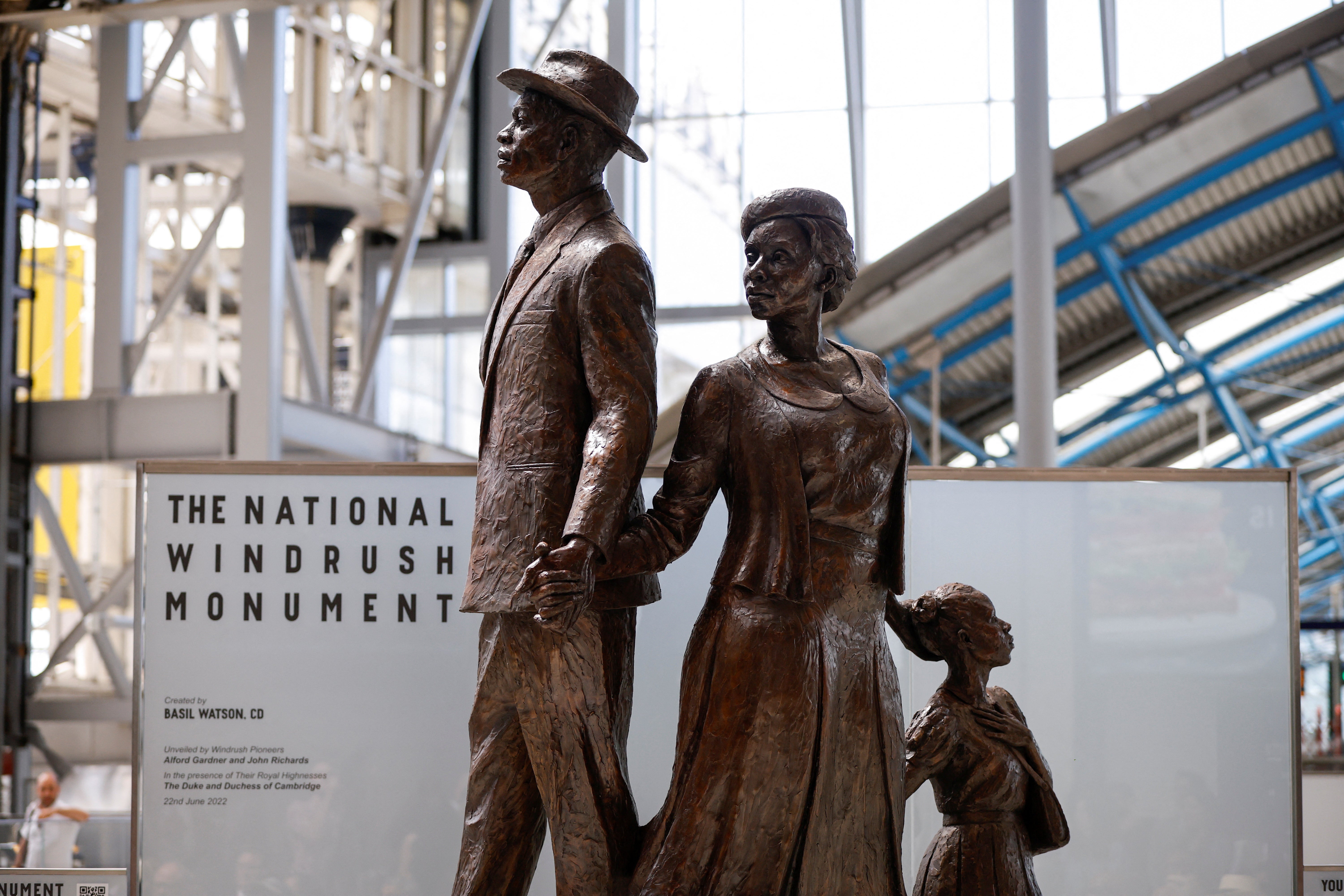Man who was part of Windrush generation ‘shamefully treated’ – judges
Hubert Howard, who was born in Jamaica and died aged 62 in 2019, could not get ‘formal documentation of his immigration status’

A man who travelled to Britain in 1960 when three as part of the Windrush generation was “shamefully treated” because he could not get “formal documentation of his immigration status”, senior judges have said.
Three Court of Appeal judges said in a ruling on Wednesday, on the latest stage of a citizenship dispute, that Hubert Howard, who was born in Jamaica and died in Britain aged 62 in 2019, had suffered “serious problems” from being subject to a “hostile environment”.
Lord Justice Underhill, Lord Justice Baker and Lady Justice Elisabeth Laing said Mr Howard’s family had been compensated under the Windrush Compensation Scheme for the “way in which he was treated”.
“He came to this country, at the age of three, with his mother in November 1960,” said Lord Justice Underhill.
“He lived here until his death on 12 November 2019.
“Throughout that period he was … entitled to reside in the UK, latterly on the basis that he had indefinite leave to remain; and he did not require any individual grant of permission to do so.
“He was thus a member of the so-called ‘Windrush generation’.”
The judge added: “Like many others in the Windrush generation, Mr Howard suffered serious problems from being subject to the so-called ‘hostile environment’ as a result of being unable to obtain formal documentation of his immigration status.”
He said “most seriously”, in 2012, Mr Howard had lost a long-term job as a caretaker after an inspection by immigration officers.
Mr Howard had applied for naturalisation as a British citizen in 2018.
Home Office ministers had refused his application on the basis that Mr Howard did not satisfy the statutory “good character requirement”.
In 2021, a High Court judge said that refusal of Mr Howard’s application for naturalisation had been unlawful.
But appeal judges on Wednesday overturned that ruling, after a Court of Appeal hearing in London, and upheld a Home Office challenge.
Lord Justice Underhill said the appeal decision did not “in any way undermine the recognition that Mr Howard was shamefully treated”.
Lord Justice Baker and Lady Justice Laing agreed.
A Home Office letter explained how Mr Howard’s application had been refused because he did not meet a “good character requirement” and had been “convicted of a number of criminal offences” and given a 12-month suspended jail term for assault.
Appeal judges said all but one of the offences were “minor”.
They said the assault conviction occurred in 2018, when Mr Howard, who was seriously ill, became angry with the doctor’s receptionist, had attempted to snatch paperwork from her and “in the course of doing so” had “grabbed her finger”.
Mr Howard had brought proceedings challenging the refusal of his application in April 2019, arguing that it was inconsistent with promises made by then Home Secretary Amber Rudd, in a Commons statement in April 2018, about the treatment of members of the Windrush generation.
Lawyers representing the Home Office argued that the High Court judge who first considered Mr Howard’s challenge, Mr Justice Swift, had reached a conclusion – that a Home Secretary was not entitled rationally to maintain the good character guidance for members of the Windrush generation – which was wrong in law
Appeal judges, who said Mr Howard had been represented by his daughter, after his death, ruled in their favour.
They said the decision to refuse had been reviewed by the Home Office in October 2019 – and Mr Howard’s application had been granted “on an exceptional basis”.
Appeal judges said Mr Howard, who suffered from leukaemia for several years, had died less than a month later.
They said ministers accepted that neither the eventual grant of citizenship to Mr Howard, nor his death, rendered the litigation relating to the initial decision academic.
